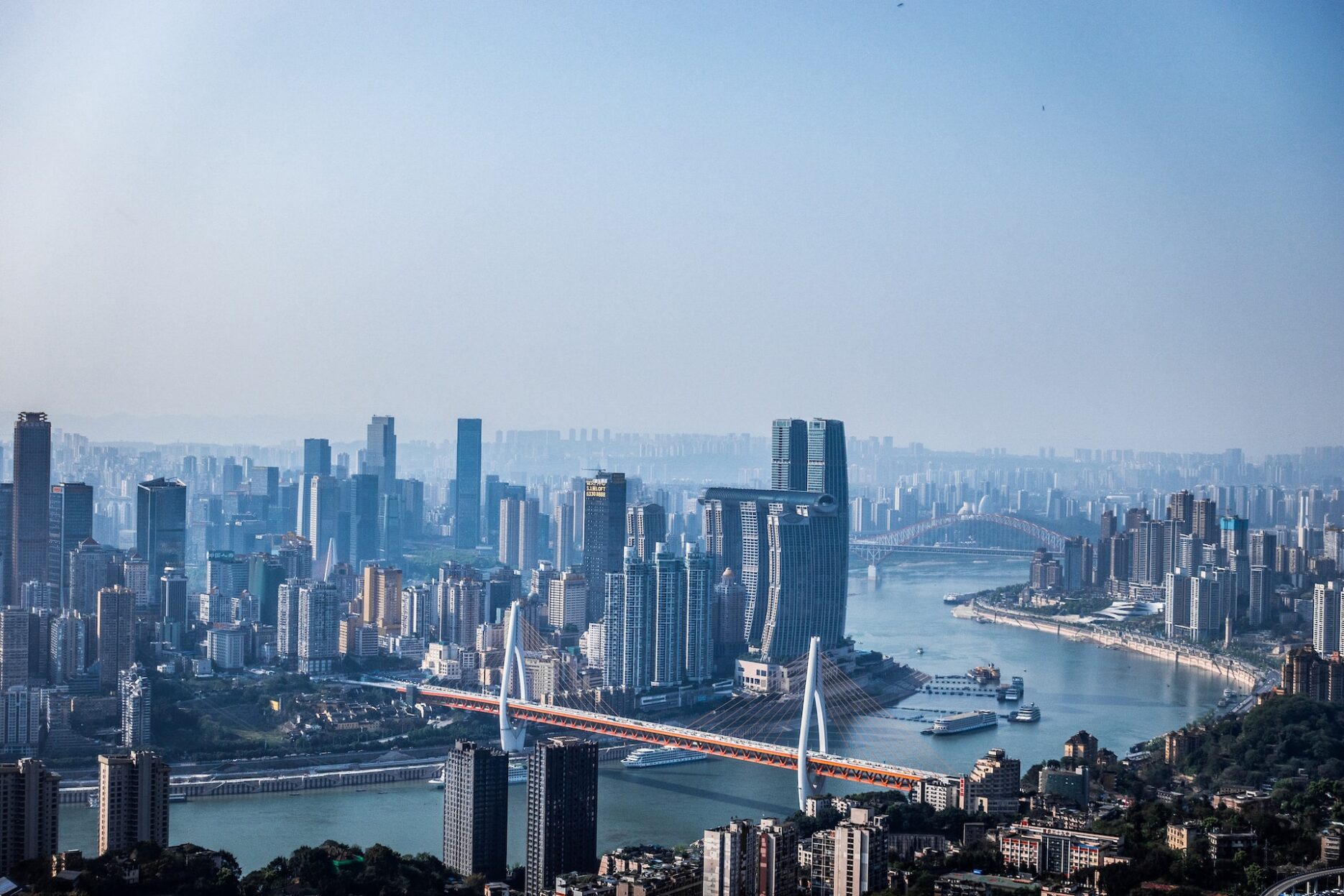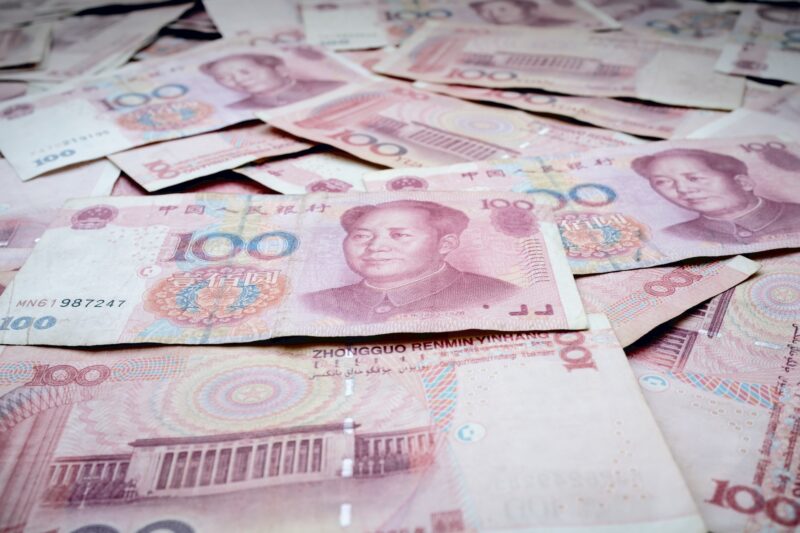Former Chongqing mayor Huang Qifan is calling for China to introduce free-trade zones with relaxed internet restrictions to drive up foreign direct investment and bring China up to speed with the US tech industry.
Speaking at the Bund Summit in Shanghai on September 24, Huang said “We are being edged out as our tech giants have grown smaller in size and the US and Europe enact new digital economy rules on data flow, storage and privacy and move to contain us.”
The market value of China’s top 10 tech firms was just 17% of the market value of the top 10 American tech firms in 2022, down from 24% the previous year. According to the financial data provider Refinitiv, approximately 1 trillion USD has been shaved off the market value of China’s top tech firms since the fintech crackdown began in 2021.
Premier Li Qiang has consistently made overtures to the private sector this year, promising to “deepen reform and opening” and “foster a market-oriented business environment”, but foreign investors have been reticent to take these speeches at face value.
“I do think (Li Qiang) wants and intends to bring inbound investment back, but he’s someone who’s loyal and so should he be asked to lock down Shanghai again or do anything that isn’t business-friendly, he would,” Agatha Kratz, director at the consultancy firm Rhodium Group, told Reuters.
To Huang Qifan, free-trade zones with loosened internet restrictions are exactly the tonic needed to soothe investors’ jitters. Strict data regulations and information controls, like the Great Firewall, make it hard for foreign companies operating in China to carry out cross-border data transfers whilst remaining compliant with local laws.
Free-trade zones scattered throughout the country could act as a fertile testing ground for reduced internet restrictions, so that the specifics could be hammered out without making drastic changes that would threaten social stability.
“Free-trade zones can test reforms and models before nationwide implementation, since issues such as data ownership, transactions and cross-border flows are complex and may involve nationwide consequences if not properly handled,” Huang said. “Free-trade zones can and should blaze a new path.”









